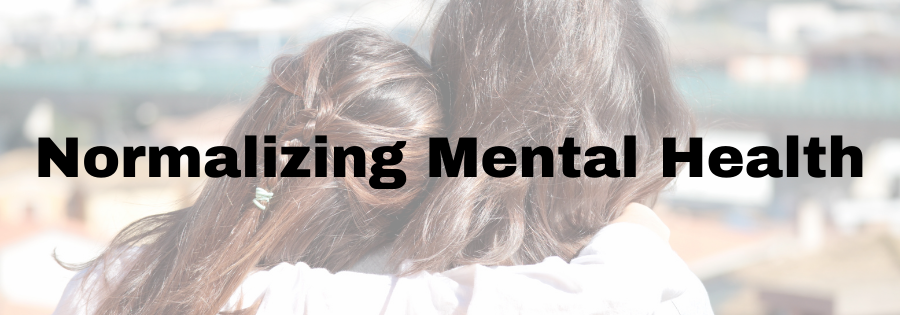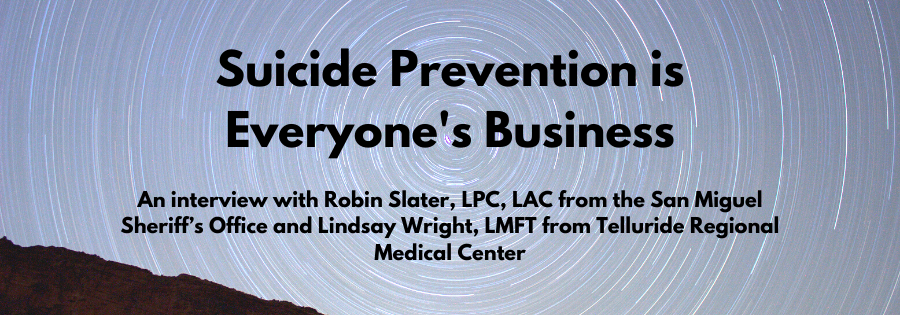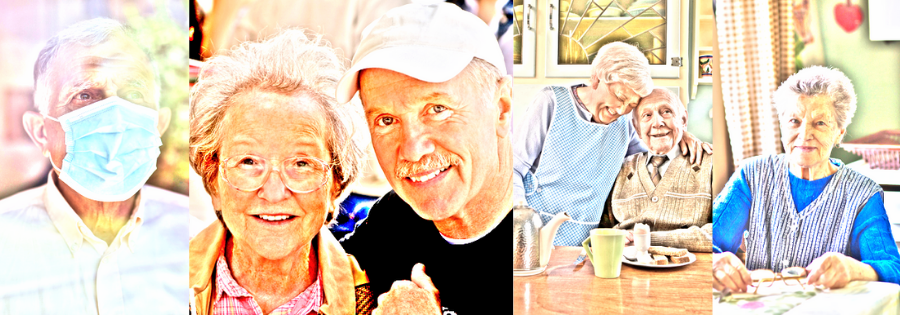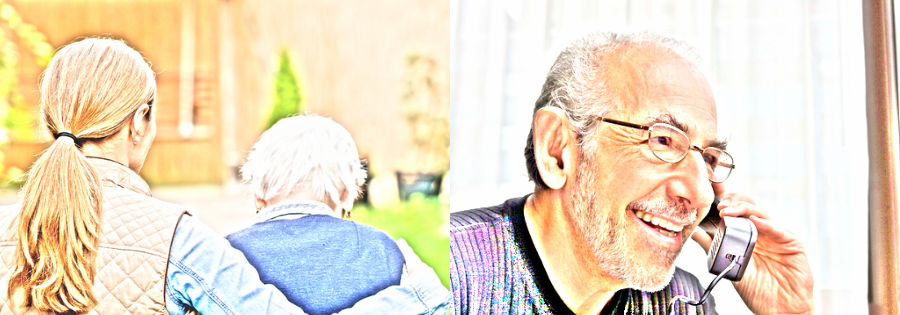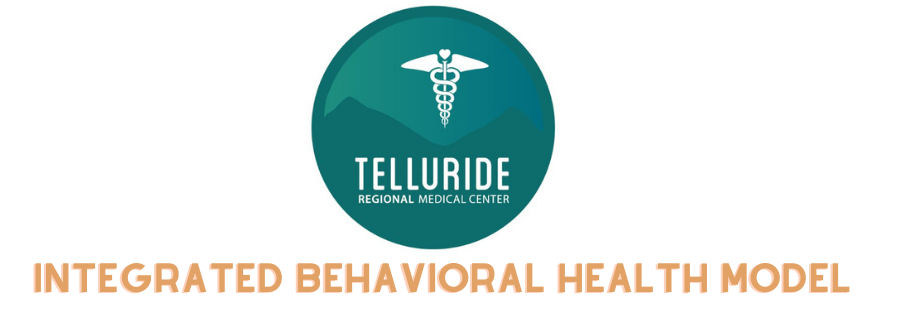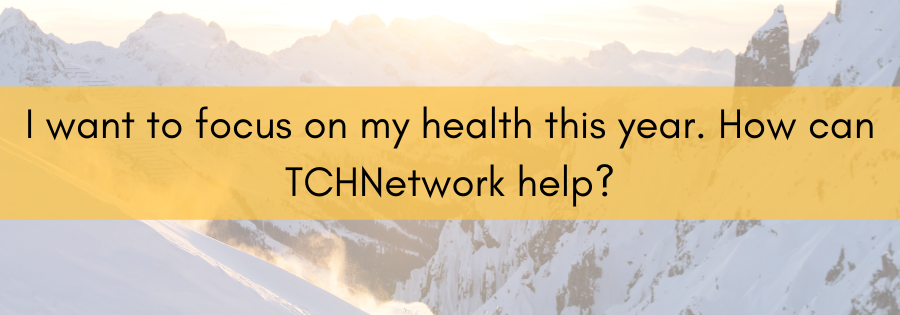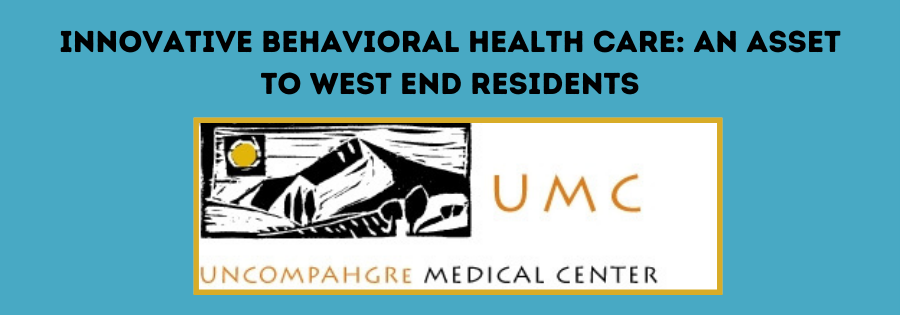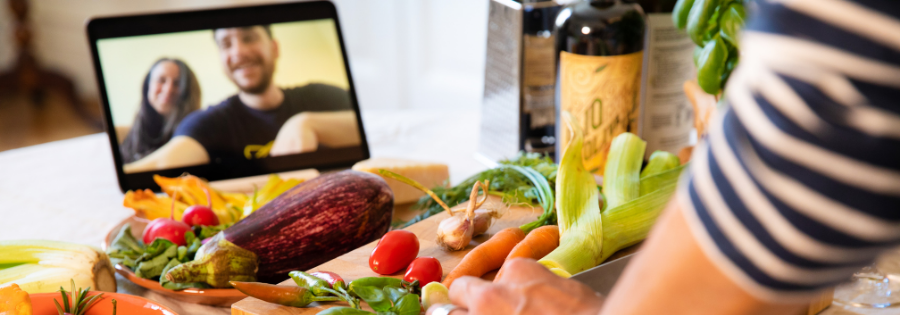Talking Mental Health with Young Adults in Telluride
By: Corinne Cavender, Behavioral Health Operations Coordinator
For many reasons, talking about mental health is still difficult in our society. Though major strides have been made to reduce stigma, many people, young and old, still struggle with the topic. It is either viewed as too cheesy with rainbows and butterflies as associated themes, or too dark or morbid, with imagery focused around gray rainclouds or depressed facial expressions. With two sides of the spectrum at play, the whole point of the #StopTheStigma movement is being missed. We must figure out a way to normalize the topic.
To get more insight on how to do so, I invited some friends/coworkers on our Mental Health Matters KOTO Access show for the month of May, which unironically is Mental Health Awareness Month. I wanted to get some views, other than my own, on how our community can weave mental health topics into everyday conversations.
First, I had to get some background information. When asked about what mental health struggles people face in our area, Ruthie explained “while there are some really great things about this area, there are also a lot of challenging aspects. Some that I’ve noticed for young adults have been a culture of individualism and competitiveness, lack of access to mental health care, wealth disparity, and the transient nature of this place making it difficult to build relationships.” Sean added being physically and mentally “stuck” due to geographic isolation.
Both moved to Telluride during the COVID-19 pandemic and mentioned struggling with their mental health due to the desire to make connections but not having adequate opportunities to do so. Sean also mentioned difficulties making friends due to “premiums placed on certain activities that are entries into the social life.” If you cannot afford to buy a bike or buy a ski pass, as Sean explains, there is an extra barrier to meeting people.
I asked the two what mental health means to them and was impressed with both answers. “Mental health is all the things that I do in my life that are going to help me not just stay afloat day to day but actually help me thrive. You don’t just focus on your physical health when you’re at rock bottom and it is the same with mental health” Sean replied. Ruthie simply stated, “Everyone has mental health, not just those who are struggling.”
Once I gathered Sean and Ruthie’s overviews of the mental health struggles in the Telluride region, I asked what the duo thinks our community can do to normalize mental health conversations. “We need to incorporate these conversations in multiple settings” Ruthie explained. “We cannot constrict mental health conversations to a certain setting, like work.” Sean furthered this idea by stating “Our community needs to hold itself accountable by making sure each of us is asking the hard questions.” Both statements I wholeheartedly agree with.
In Telluride specifically, Sean mentioned that “Many people are trying to be the best at everything and the most able. No one wants to say, ‘I’m taking a break from skiing today because I’m tired or struggling with my mental health.’ This stigma that is tough to overcome, yet so many people are going through it.”
This brings up an interesting point. Tri-County Health Network not only serves Telluride, but all of San Miguel County as well as Delta, Montrose, and Ouray counties. While our discussion put a magnifying glass on the stigmas young adults face when talking about mental health in Telluride, many more stigmas are experienced in different manifestations throughout our coverage area.
Ruthie expounded on how the entire region can do better, from a 20 year-old in Ouray to an 80-year old in Delta, “Give space for bringing it up and being exposed to the thought of having these conversations. It’s not going to be a switch over night where suddenly everyone is comfortable, but if we can chip away at the stigma, conversation by conversation, we can make headway in helping people have the confidence to start their own conversations about mental health.”
Speaking for myself, I believe it is people like Sean and Ruthie, who fearlessly talk about mental health in their everyday lives, whether publicly on a radio show or privately with peers, who are going to shape the #StopTheStigma movement for the better. I am honored to know them both and encourage anyone who is reading this to speak just as fearlessly about your own mental health.
Listen to the full interview here:

